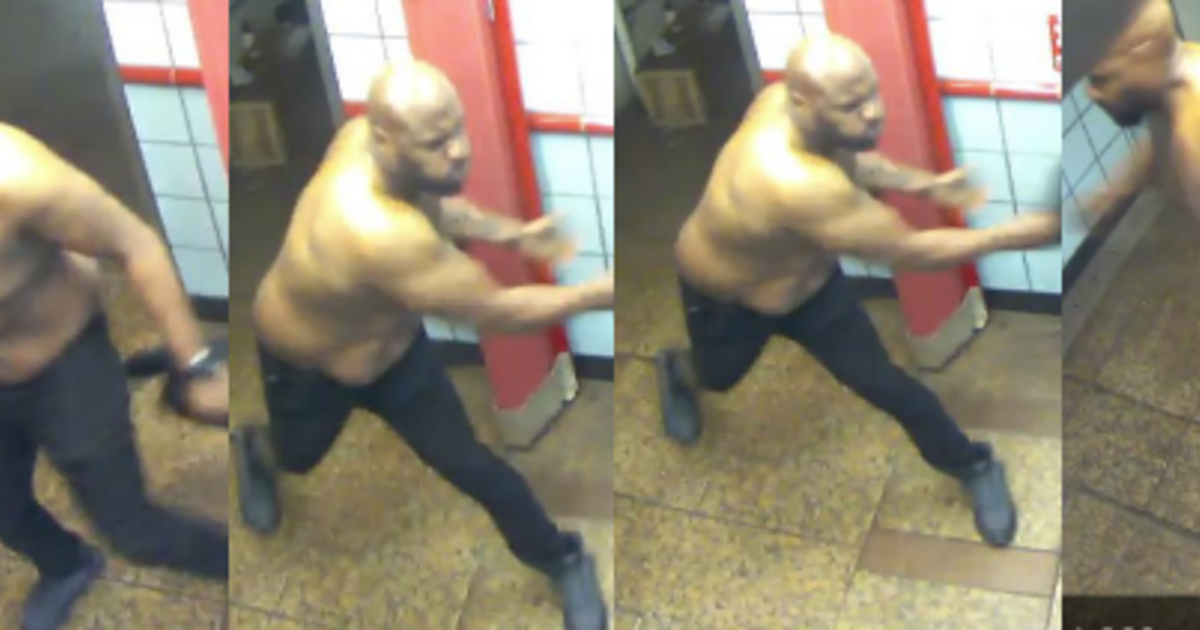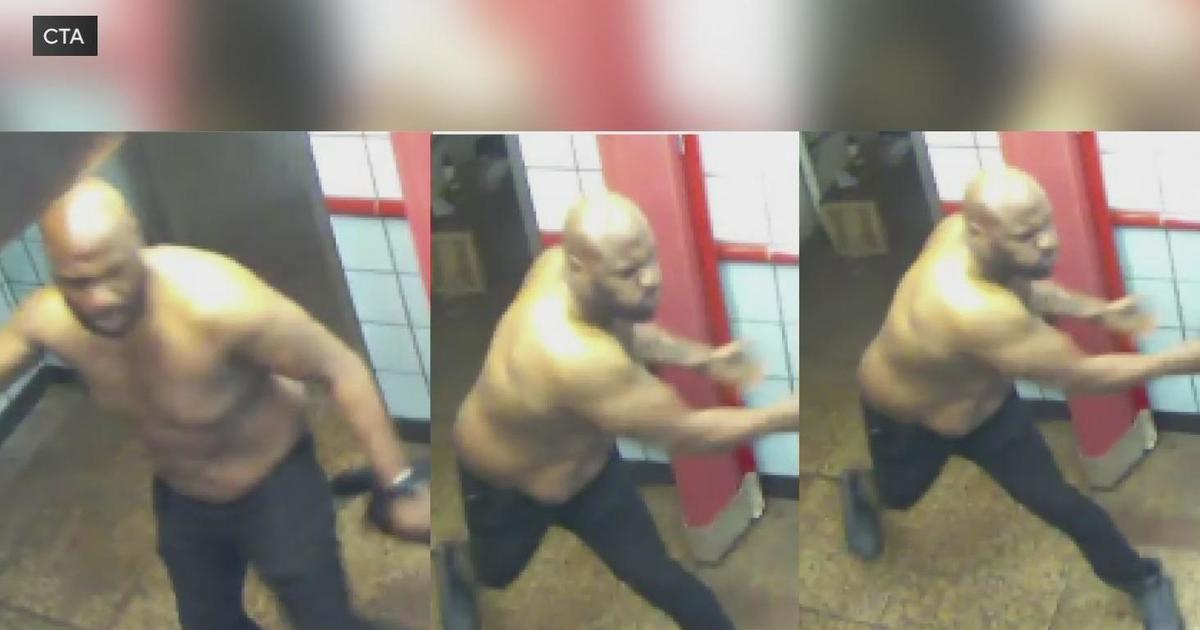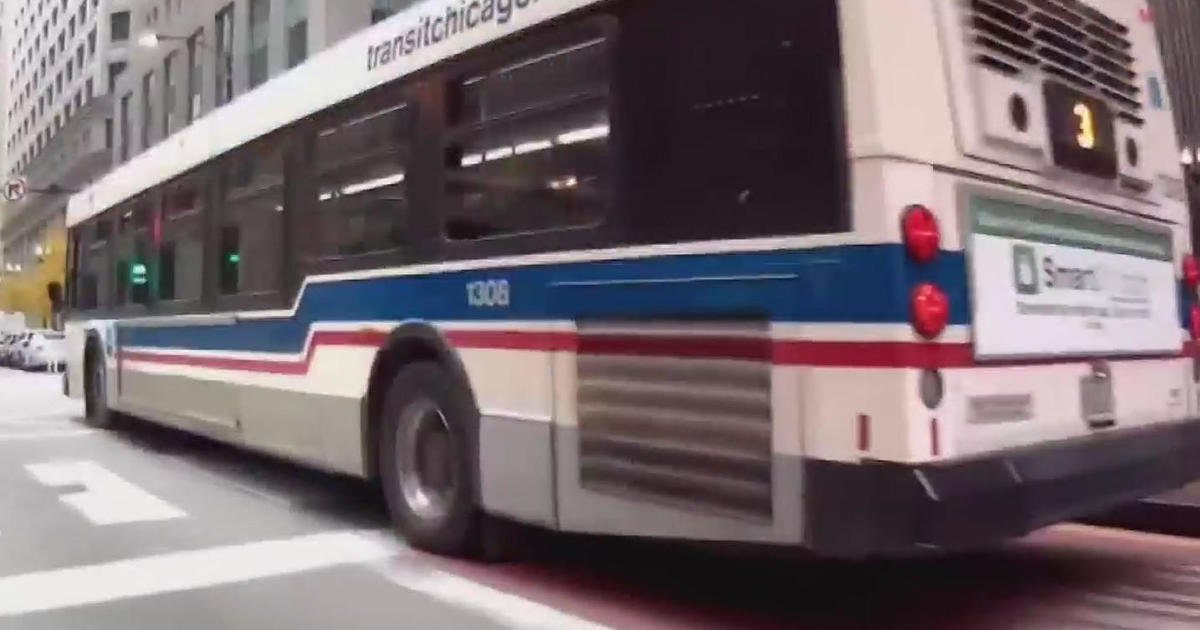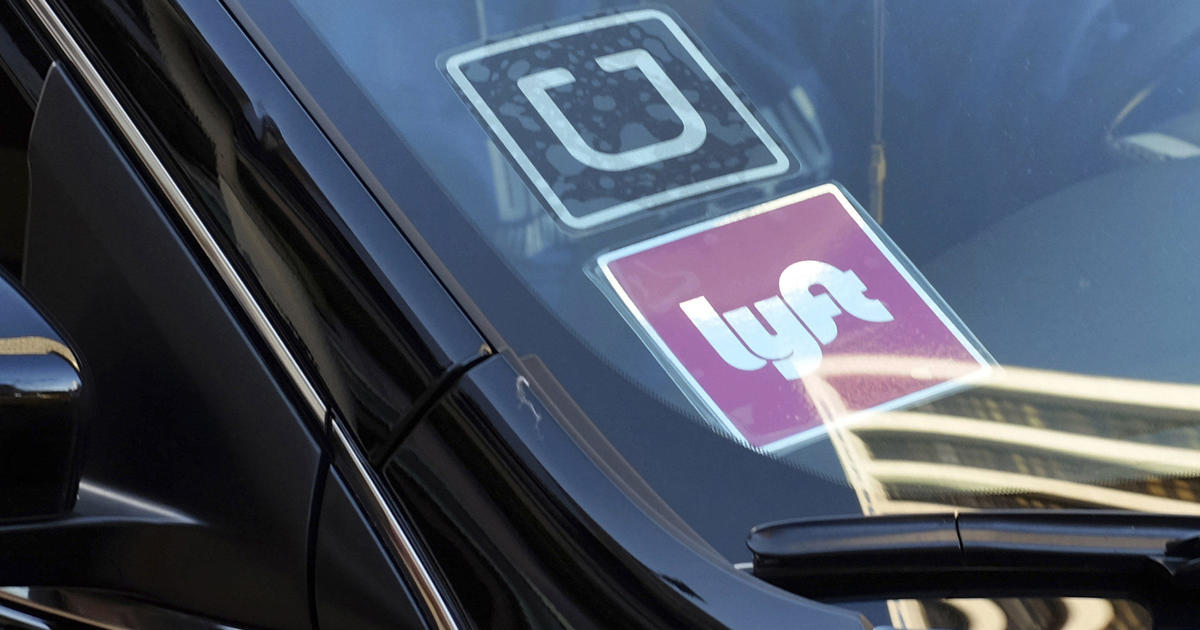CTA Takes Step Towards Futuristic Pay System
CHICAGO (WBBM) - CTA took a small step into the future last week, when it requested proposals for the design, implementation and operation of a new fare collection system that could use everyday credit cards or possibly even allow payment using cell phones.
LISTEN: WBBM's Bob Roberts Reports
Podcast
"The goal is to use one, a credit card, or for those who are unbanked, a card you could recharge like a gift card," said CTA President Richard Rodriguez.
Standard credit cards with special chips are already used by the Utah Transit Authority for payment, and certain New York transit lines also use the system.
But Rodriguez says he foresees a day when just about anything they can hold a payment chip will be usable.
"It's going allow us to consider new technologies as they continue to evolve in the future," he said. "It can be a card. It can be a cell phone. It could be on a key fob."
CTA is laying the groundwork for Pace and the perennially technology-shy Metra as well. The goal is for all three systems to adopt the same fare collection system over the next three years, achieving something thought to be cost-prohibitive as recently as five years ago -- a universal fare collection system.
The system has proven unachievable until now because Pace and CTA use a different, flat-rate fare collection system from Metra, which has a zoned fare structure. As long as CTA, Pace and Metra sought to use their own proprietary fare cards, the nine-figure cost priced out a universal fare card.
Advancing technology has changed all of that.
Metra took its first steps over the past year, when it began to accept credit cards to buy tickets.
Rodriguez hopes the proposals will yield potential partners, most likely banks, that will pay for the new fare-collection system, allowing CTA to junk its current turnstiles, in place since 1997.
A dozen private-sector groups have already expressed interest, Rodriguez said. CTA would own all of the fare collection equipment installed by the partners, and would maintain control over its own fares.
He said that installation, however it is done, will take time.
"It's not as if we would flip the switch, and it would be available to everyone overnight," Rodriguez said. "We'd probably begin on certain lines. We would probably do one turnstile at stations and allow the others to stay as is, making sure the customer can acclimate properly."
Despite that, he said, some could be in place by the end of 2011.



